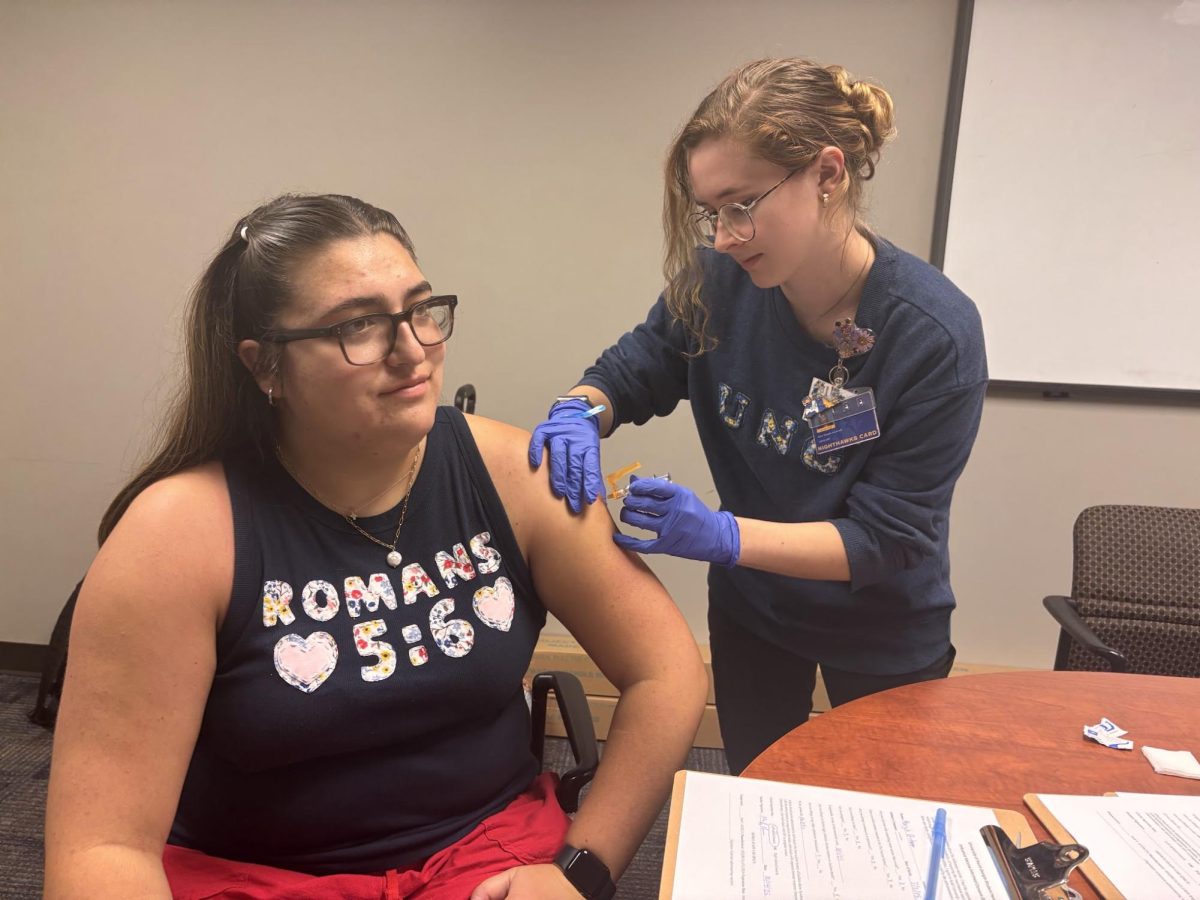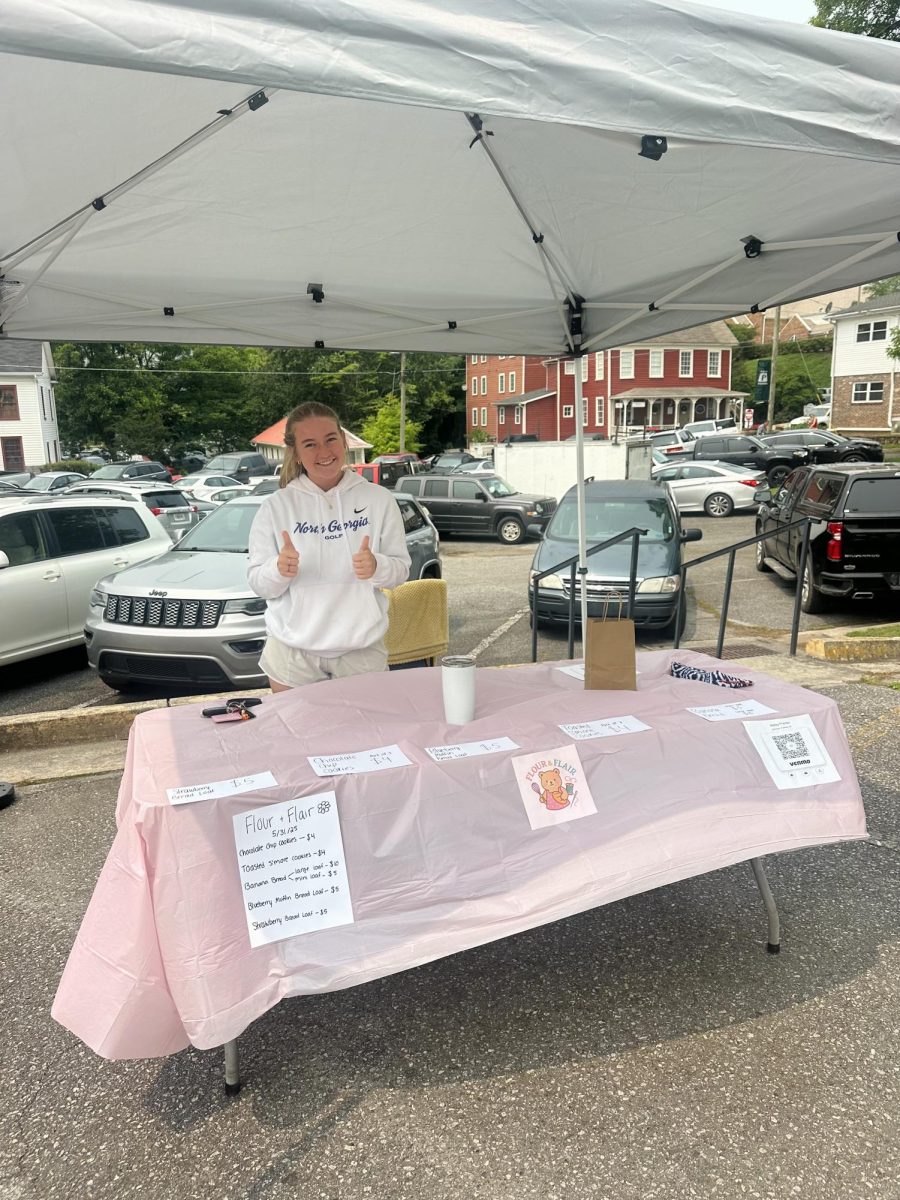True Crime is one of the most popular and quickest growing genres in media. Weekly crime podcast “Crime Junkie” is in Spotify’s top three podcasts. While on the iTunes charts podcast “MANslaughter” comes in at number one and “Crime Junkie” is placed in second. Even murder television documentaries and docuseries have brought in astonishing ratings.
Netflix’s original documentary on the 2018 Watts family murder case “American Murder: The Family Next Door” stirred commotion on social media for weeks even after the release. True Crime content creators and channels on YouTube like Bailey Sarian, Bella Fiori, and True Crime Daily all have over two million subscribers. But why do people continue to be so drawn to murder cases and crime?
Psychology professor, Dr. David Chirinos, said” The survival instinct is perhaps the strongest instinct among organisms because we humans seem to be the only species capable of understanding our existential nature.”
“True crime stories, particularly violent crimes, can remind us of the fleeting nature of life.”
He mentions how true crime can also be appealing from a perspective of justice and injustice. Also, how as people we value fairness and trustworthiness. So, seeing examples of injustices can grab our attention or trigger strong emotions of injustice.
“As people, we tend to remember bad things more than good things. There is something that tends to be more appealing about crime than wholesome stories.”
Many infamous serial killers like Ted Bundy and Richard Ramirez have grown a following in fans. Despite the crimes they have committed there are people that love to romanticize these killers. During Bundy’s trial, bags of fan mail and even marriage proposals arrived at the Florida jail where he was being held.
Although there is not a specific explanation to this attraction, Hybristophilia, is an interest in people who have committed an outrage or crime. This disorder is one explanation to why people are captivated by serial killers and murders. The odd attraction did not stop back then, today blogs can be found with hashtags like #richard-ramirez-fans as well as serial killer fan art on Pinterest.
The high amount of popularity that true crime has had on pop culture can take away from the victims and affect the families. “Some argue that true crime entertainment can interfere with victims’ family’s ability to heal.” said Chirinos.
The overexposure to true crimes stories can cause a disruption in people’s everyday life. For many that enjoy true crime they become hyper-aware of their surroundings but for others it’s more of feeling constant paranoia and anxiety. Every individual has a different level of tolerance to how much content they can consume. To be under continuous overexposure could lead to desensitization towards violence and these crimes.
Chirinos said “In theory, desensitization could be an issue as repeated exposure to the similar stimuli tend to produce a lessened reaction over time. To test this theory, one would have to show that true crime shows have become gorier over time, or the types of crimes that are covered have gotten more severe over time.”
When it trickles down to a consumer’s mental health Chirinos explains how it’s hard to pinpoint if such media can influence one’s mental health since it is already very complex. But victims of trauma are more at risk to being re-traumatized by this type of media.

































